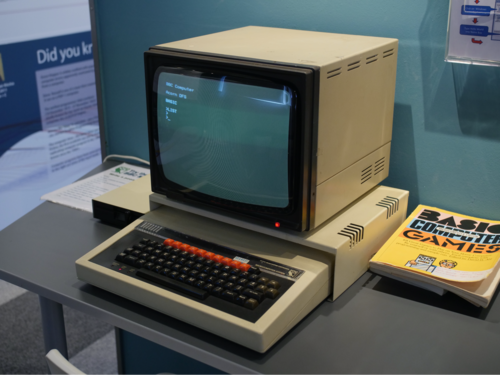
The D-Wave quantum chip is a revolutionary technology that has the potential to change the face of computing as we know it. Developed by D-Wave Systems, a Canadian quantum computing company, the D-Wave quantum chip is the world’s first commercial quantum computer. Unlike traditional computers that use binary bits to represent information, quantum computers use quantum bits, or qubits, to represent information. This allows quantum computers to perform certain calculations much faster than traditional computers.
The D-Wave quantum chip is based on a technology known as quantum annealing. Quantum annealing is a type of optimization algorithm that uses quantum mechanics to solve complex optimization problems. Optimization problems involve finding the best solution from a set of possible solutions. These types of problems are common in a wide range of fields, including finance, engineering, and artificial intelligence.

One of the most significant advantages of the D-Wave quantum chip is its ability to perform calculations that are impossible for traditional computers. This is because quantum computers can use superposition and entanglement to perform calculations much faster than traditional computers. Superposition allows qubits to exist in multiple states simultaneously, while entanglement allows qubits to influence each other’s states.
The D-Wave quantum chip has already been used in a wide range of applications, including financial modeling, protein folding simulations, and traffic flow optimization. It has also been used to develop machine learning algorithms that can identify patterns in large datasets much faster than traditional computers.
One of the most significant challenges facing quantum computing is the problem of decoherence. Decoherence occurs when qubits lose their quantum state due to external factors, such as temperature or radiation. This can cause errors in quantum calculations, and it is one of the biggest challenges facing the development of practical quantum computers.
Despite these challenges, the D-Wave quantum chip represents a significant milestone in the development of quantum computing. As more companies and researchers explore the potential of quantum computing, it is likely that we will see even more groundbreaking technologies emerge in the coming years.
In conclusion, the D-Wave quantum chip is a groundbreaking technology that has the potential to unlock the full potential of quantum computing. Its ability to perform calculations that are impossible for traditional computers makes it an essential tool for researchers and companies working in a wide range of fields. While there are still challenges to overcome in the development of practical quantum computers, the D-Wave quantum chip represents a significant step forward in the field of quantum computing.









